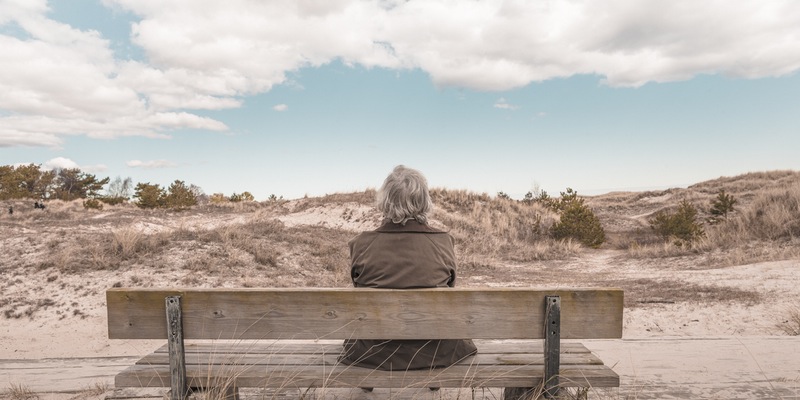Post Trauma Stress (PTS): Recognizing Signs and Symptoms


General and specific symptoms of PTS that we need be aware of
Post Trauma Stress (PTS) may occur after a psychologically distressing event or situation that is outside the range of normal human experience happened. Prolonged and intensified engagement on this may lead to more adverse effects such as the Post-Traumatic Stress Disorder and other health and mental-related disorders. Basically, if you know someone who suffered a traumatic event, you must take note of his actions after that. With this, you will be able to help him get rid of the undesirable effects of PTS and may help him cope immediately.
The General Symptoms
Post Trauma Stress (PTS) has general symptoms, as listed below. These are the most commonly seen behavior from someone after undergoing a traumatic situation. The effects are also associated and very similar with loss, grief or bereavement.
- There is a possibility of strong reaction of denial – “I’m alright, thanks, I can cope.” – which prevents them from acknowledging their problem and to seek for help.
- They may experience increased anxiety, a sense of vulnerability and isolation, and possible survivor guilt. “Why did I survive when others didn’t?”
- There can be an induced sympathy for the aggressor(s). For instance, the Stockholm syndrome, which is a result of a hostage situation and the victim is confined together with the hostage takers.
- They are unable to make simple decisions as a result of their inability to concentrate. There is also a possibility of impulsive behavior such as excessive spending, moving home, changing job or lifestyle, or ending or creating new relationships.
- Depending on the personality, some may want to talk incessantly about the event, while others will feel the need to retreat into isolation.
- Experiencing dreams and nightmares are common. There is also a feeling of either being unwell or of extreme fatigue.
- Changed values or beliefs and even re-adjustment in relationships are possible. “What’s the point of marriage or work or even of living when something like this can happen?”
- There may be some who will discover a new faith or lose an existing one. Others may deepen their religious or secular beliefs.
Specific Characteristics of Post-Trauma Stress
In addition to the general symptoms above, there are other specific characteristics of PTS, enumerated below.
- Arousal
There is an increased sense of arousal, usually seen as oversensitivity to particular sensory message, which can result to sleeplessness, difficulty in concentrating and over-vigilance. The inability to withstand normal daily patterns of life and work may also occur.
- Re-Experiencing (Intrusive Thoughts and Flashbacks)
This can happen in days, months or even years after the traumatic incident. Involuntarily, disturbing images of the event may come to mind. A flashback – the feeling that the event or part of it is recurring – is also possible.
- Triggered reactions
These can come at any time, and may be caused by sights (TV, video, photographs, media reports, people), sound (police sirens, bangs, crashes, voices), smells (petrol, rubber, disinfectant, dampness), tastes (food, water, petrol, alcohol, sweat) and touch (rubber, metal, skin, dampness, water).
- Avoidance
Some people may wish to avoid anybody or any circumstance that might remind them of the incident. If the incident happened at work, they may experience inability or an extreme hesitancy to return to their work. They will try to avoid thoughts, feelings or situations that would remind them of the event.
[bookboon-book id=”17780a54-b4aa-4d40-afe6-a55300ffb694″ title=”This article is based on the following eBook” language=”en”]
Reactions can occur randomly, anywhere, without any warning. Because there is no observable cause, this can be extremely frightening, not only for the individual concerned, but also for the people that surrounds him.
After a traumatic event, we need to be cautious of the people around us, especially those that we know would find it hard to move on. Knowing these signs and symptoms, we may be of great help for their recovery. We will also know how to act appropriately whenever one of these scenarios will happen.
To learn more about Post Trauma Stress and the Post Traumatic Stress Disorder, download Carol Spiers’ eBook Trauma Strikes When it Likes!.
More to read:
- Post-Traumatic Stress (PTS): Immediate Reactions
- Post-Traumatic Stress Disorder (PTSD): How to Identify a Traumatic Incident
[bookboon-recommendations id=”17780a54-b4aa-4d40-afe6-a55300ffb694″ title=”You might also find these books interesting:”]


